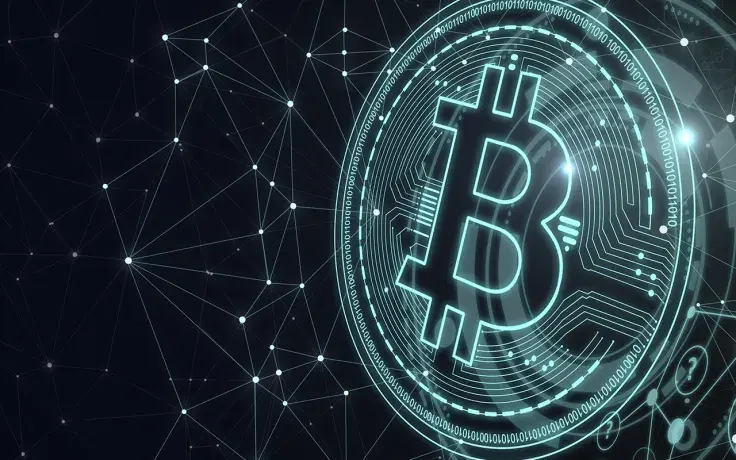
Economist and Bitcoin (BTC) researcher Jan Wüstenfeld, one of the top authors of CryptoQuant's Quicktake newsletter by leading on-chain data vendor CryptoQuant, notices an interesting pattern of correlation between Bitcoin (BTC) price and the United States 10-Year Bond Yield rates.
De-coupling is over?
As per the charts shared by Mr. Jan Wüstenfeld, in December 2021, Bitcoin (BTC) and the United States 10-Year Bond Yield rates (US10Y or TNX) have lost correlation between each other.
#Bitcoin's price has been following the 10-year US Treasury yield since 2020. Since Dec. 20 and throughout most of January, the 7-day moving average of both has been diverging. It looks like $BTC might be finally catching up with rising yields. pic.twitter.com/imfwWOOqlQ
— Jan Wüstenfeld (@JanWues) February 11, 2022
Typically, in this bullish rally, Bitcoin (BTC) closely followed the US10Y rates indicator. However, in December 2021, this correlation vanished. Bitcoin (BTC) price was decreasing, while the US10Y rates spiked to multi-month highs over 1.8 percent.
However, after Bitcoin (BTC) touched its local bottom at $32,950, both metrics got back to surging. Now, the US10Y rates are at the highest since July, 2019.
US10Y have been surging since late July 2020. By printing time, the indicator holds above 1.9 percent.
Both will likely move higher: economist
Market analyst and economist Caleb Franzen also spotted the end of 'de-coupling' and is sure that new upsurge of both indicators is nowhere near its end:
As I've been saying, my expectation for these 2 variables to converge, likely by seeing both move higher. In that scenario, #Bitcoin has a lot of catching up to do.
'Decoupling', i.e. the situation when Bitcoin (BTC) loses its correlation with some traditional assets is widely used as an indicator of trend for the flagship cryptocurrency.
For instance, the most impressive phase of its latest bullish rally started by BTC/XAU decoupling in August 2020.

 Vladislav Sopov
Vladislav Sopov Dan Burgin
Dan Burgin